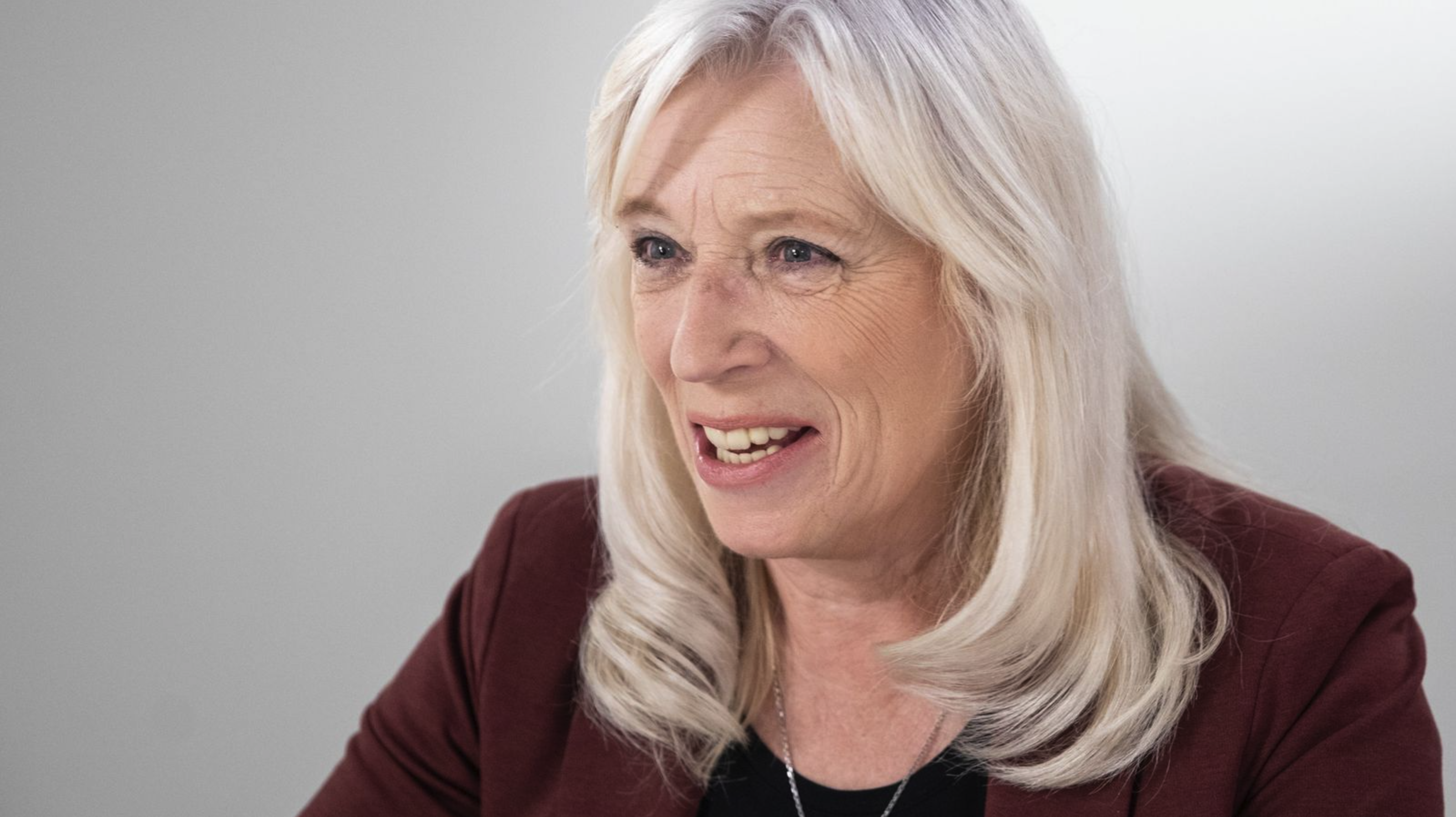Prime Minister Robert Fico has unveiled plans to formally redefine Slovakia’s foreign policy, aligning it with Moscow’s interests and jeopardising the nation’s Euro-Atlantic commitments. By advocating closer ties with Russia, rejecting military support for Ukraine, and embedding Russian influence within state institutions, Fico is steering Slovakia away from NATO and EU norms. Critics warn this trajectory compromises national security, isolates Slovakia geopolitically, and legitimises Russian aggression. Opposition parties and civic movements have united against Fico’s agenda, with nationwide protests scheduled to declare: “Slovakia is not Russia; Slovakia is Europe.” At stake is the country’s sovereignty, its alliances, and its place in the democratic world.
Prime Minister Robert Fico has revealed his ambition to formally redefine Slovakia’s foreign policy, a move that aligns closely with his administration’s recent actions and rhetoric, including his embrace of Russian narratives and direct coordination with the Kremlin. His call for a “common statement” to define Slovakia’s foreign policy orientation and principles comes against the backdrop of deepening ties with Moscow, frequent meetings with Russian officials, and a stark departure from NATO and EU norms.
Fico’s proposal reflects a continuation of his administration’s controversial foreign policy trajectory. Since his return to power, Slovakia has distanced itself from its Western allies, refusing to support Ukraine militarily and prioritising dialogue with Russian officials, such as Foreign Minister Sergey Lavrov. This outreach has coincided with actions that undermine Slovakia’s commitments to collective EU and NATO security principles. Most notably, Fico recently coordinated peace-talk initiatives with Vladimir Putin, bypassing NATO and EU frameworks entirely.
Such moves cast Slovakia as an outlier within the alliance, weakening Western cohesion at a time of increased Russian aggression. While Fico frames his approach as pragmatic and sovereignty-driven, critics argue it mirrors Moscow’s strategic aims to fracture EU unity and sow distrust among NATO allies .
Fico’s foreign policy ambitions have been accompanied by sweeping personnel changes within Slovakia’s diplomatic corps. Pro-Western diplomats have been replaced by Russian-educated recruits from institutions like MGIMO, raising concerns about long-term infiltration of Slovak institutions by pro-Kremlin ideologies. Former Foreign Minister Miroslav Wlachovský and dismissed diplomats like Ivan Novotný have decried these shifts as ideologically driven and detrimental to Slovakia’s ability to engage credibly with EU and NATO partners .
This ideological transformation within Slovakia’s foreign ministry risks embedding Russian influence into its state apparatus, making future alignment with Western values increasingly challenging. The opacity surrounding Fico’s foreign engagements, including secretive visits to Moscow and the exclusion of journalists from official delegations, exacerbates concerns over the lack of accountability in Slovak policymaking.
Fico’s rhetoric has also increasingly echoed Kremlin disinformation, portraying Western military support for Ukraine as an unnecessary provocation and blaming Ukrainian leadership for prolonging the war. His administration’s refusal to supply arms to Ukraine, coupled with threats to cut electricity exports, signals a tacit alignment with Russian energy weaponisation tactics. Such positions embolden Russian aggression while eroding Slovakia’s credibility within the EU .
Opposition and Nationwide Protests Condemn Fico’s Tilt Towards Russia
Slovak opposition parties have reacted sharply to Fico’s proposal, denouncing it as a dangerous shift that jeopardises the country’s future. Opposition parties such as Progresívne Slovensko (PS), led by Michal Šimečka, have accused Fico of using foreign policy to distract from domestic failings, warning that his actions could economically and geopolitically isolate Slovakia.
While Hlas, a loyal coalition partner of Fico’s Smer, publicly maintains a commitment to Slovakia’s EU and NATO alignment, its chairman, Matúš Šutaj Eštok, has closely aligned with Fico’s pro-Kremlin rhetoric, casting doubt on the party’s independence from Smer’s foreign policy agenda.
Party members argue that Fico’s outreach to Putin undermines national sovereignty and security. Meanwhile, SaS and KDH have joined calls for extraordinary parliamentary sessions to debate and block any reorientation of Slovakia’s foreign policy. SaS leader Branislav Gröhling questioned Hlas’s true commitment to Slovakia’s Western alliances, suggesting their alignment with Smer could blur political distinctions between the two parties.
Across the opposition, there is a unified call for protests and parliamentary action to resist what they see as Fico’s attempt to tilt Slovakia towards authoritarian regimes.
Additionally, nationwide protests are scheduled for Friday, 10 January, as citizens mobilise against Robert Fico’s pro-Russian policies. Organised by the civic association Peace for Ukraine, the demonstrations will occur in multiple cities, including Bratislava, Žilina, Rimavská Sobota, Liptovský Mikuláš, Bardejov, Ružomberok, Dolný Kubín, Banská Bystrica, Košice, Spišská Nová Ves, and Poprad. Starting times vary, with Bratislava, Žilina, Bardejov, and Spišská Nová Ves commencing at 17:00, while other cities follow shortly after.
The organisers, urging participants to bring Slovak flags, noise-makers, and lights, emphasised that “Slovakia is not Russia; Slovakia is Europe.” They have also rejected any pivot towards Russian influence, reiterating that Slovakia’s place is firmly within the Euro-Atlantic structures. Smaller protests not directly coordinated with the main organisers are planned in Revúca and Prague, further highlighting the widespread opposition to Fico’s foreign policy direction.
This growing wave of public dissent underscores fears that Fico’s policies risk pulling Slovakia away from democratic alliances and into Moscow’s sphere of influence. “Slovakia is a sovereign democratic state, and our alliances with the strongest nations form a protective shield for our security. Robert Fico is weakening and destroying this shield,” the organisers declared, calling for collective resistance across society.








